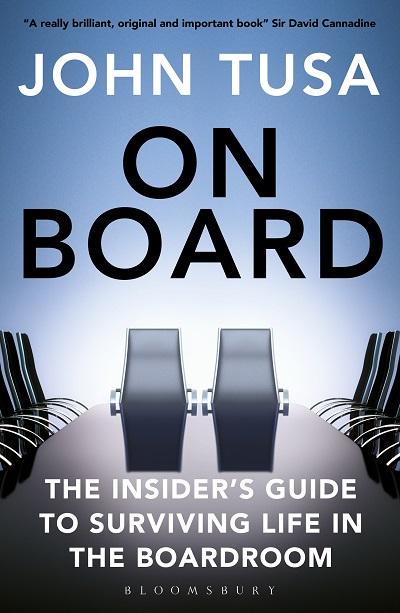
For more than 30 years, I have sat on a wide range of boards. Some have been established for centuries, others have been newly created. Some have been large and unwieldy, others small and purposeful. Some have had outstanding chairs, others destructive ones. I have seen chairs and chief executives who worked in brilliant harmony and others who wrought their mutual destruction.
I have tried to chair well and found it to be harder than it looks. I have seen many boards made up of dedicated members who committed large amounts of unpaid time to the institution. Others have been burdened with people who saw board membership as an opportunity for egotistic indulgence.
I have sat on boards which turned an institution round from near disaster, others who were the agents of disaster.
My colleagues have ranged from high-powered business people to major artists, generous philanthropists, politicians, academics and managers. Only two things have ever been certain: the unpredictability of events in the world of governance and the fact that frequently, board membership will be a time of personal learning that is painfully acquired.
These dramas are often played out in very public ways, attracting intense media coverage. When any organization, public or private, runs into difficulty over money or leadership, it becomes headline news. Heads usually roll, blame is freely scattered and righteous indignation copiously enjoyed. In these circumstances, the chances are that somewhere along the line the board responsible for the organization got things badly wrong. This is just as true in the world of not-for-profits as it is in those of business, of academe and certainly, of the arts.
It is sometimes assumed that boards in the business world are totally different from those in the not-for-profit sector. This is far less true than might first appear. Both kinds of board choose their chair and chief executive, both decide how they appoint colleagues, how they sell to or serve their public, their customers or their audience; both deal with and manage risk; both must earn money; both are responsible for image, brand, communication and reputation; both supervise the internal health of the organization. Of course, one deals with profit, the other does not. But while ‘not-for-profits’ are not businesses, they must be ‘business-like’ in the ways they manage their resources.
Whatever kind of board they serve on, members seem united in a certain bewilderment about what ‘being a board member’ actually involves. Too often, ‘going on a board’ is seen as an honorific, a mark of a person’s public achievements, a pleasant life landmark. It is virtually an award – the grander the board, the greater the honour.
In practice, sitting on a board, let alone chairing one, is one of the most demanding, complex and taxing activities in the world of public life. This is still not well understood. Why? What are the demands placed on boards and board members? Are they not clearly understood? Why do so many make such mistakes and why do we not do better?
On Board: The Insider's Guide to Surviving Life in the Boardroom by Sir John Tusa is published by Bloomsbury Business in paperback, ebook and audiobook.
Sir John Tusa is a British arts administrator, author, journalist and former presenter of BBC's Newsnight. He is the co-chairman of the European Union Youth Orchestra and was formerly the managing director of the BBC World Service and the Barbican Arts Centre. As Managing Director of the BBC External Services, he set up BBC World Service Television. He is also a writer whose books include Pain in the Arts and Making a Noise: Getting it Right, Getting it Wrong in Life, the Arts and Broadcasting.
Advance HE holds its Governance Conference 2021: ‘Evolving Governance fit for our futures’ on 18 November.
This one-day virtual conference will focus on the skills and attributes required for good governance of HEIs and include key themes of sustainability, inclusion and strategies to navigate ever changing policy.
Delegates who are part of an Advance HE member institution will be eligible for a buy one, get one half price offer when the second person on the booking is a Chair of the Board.